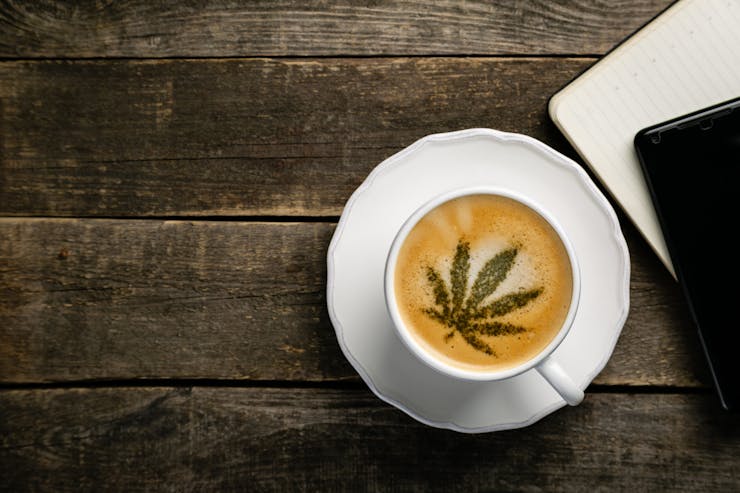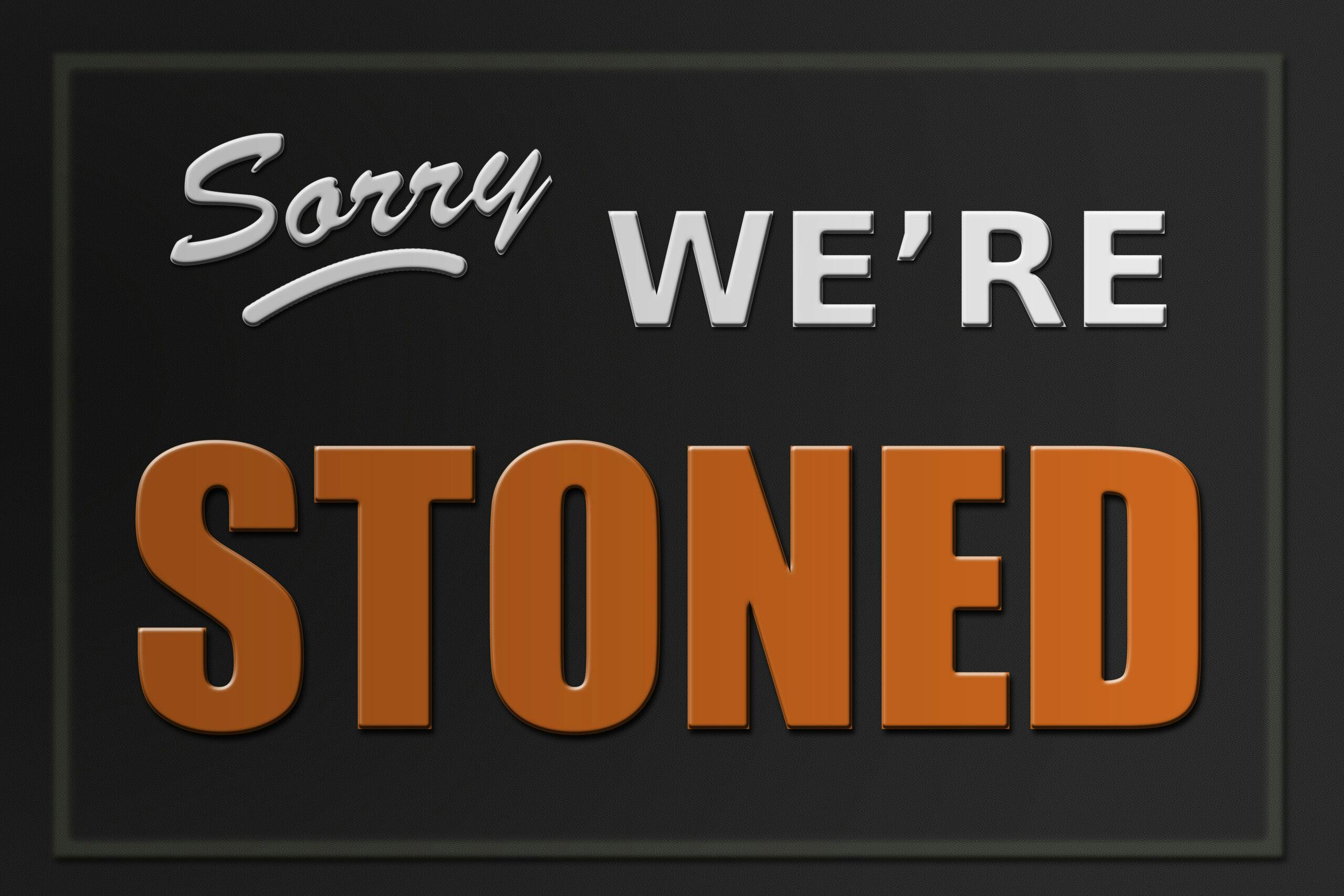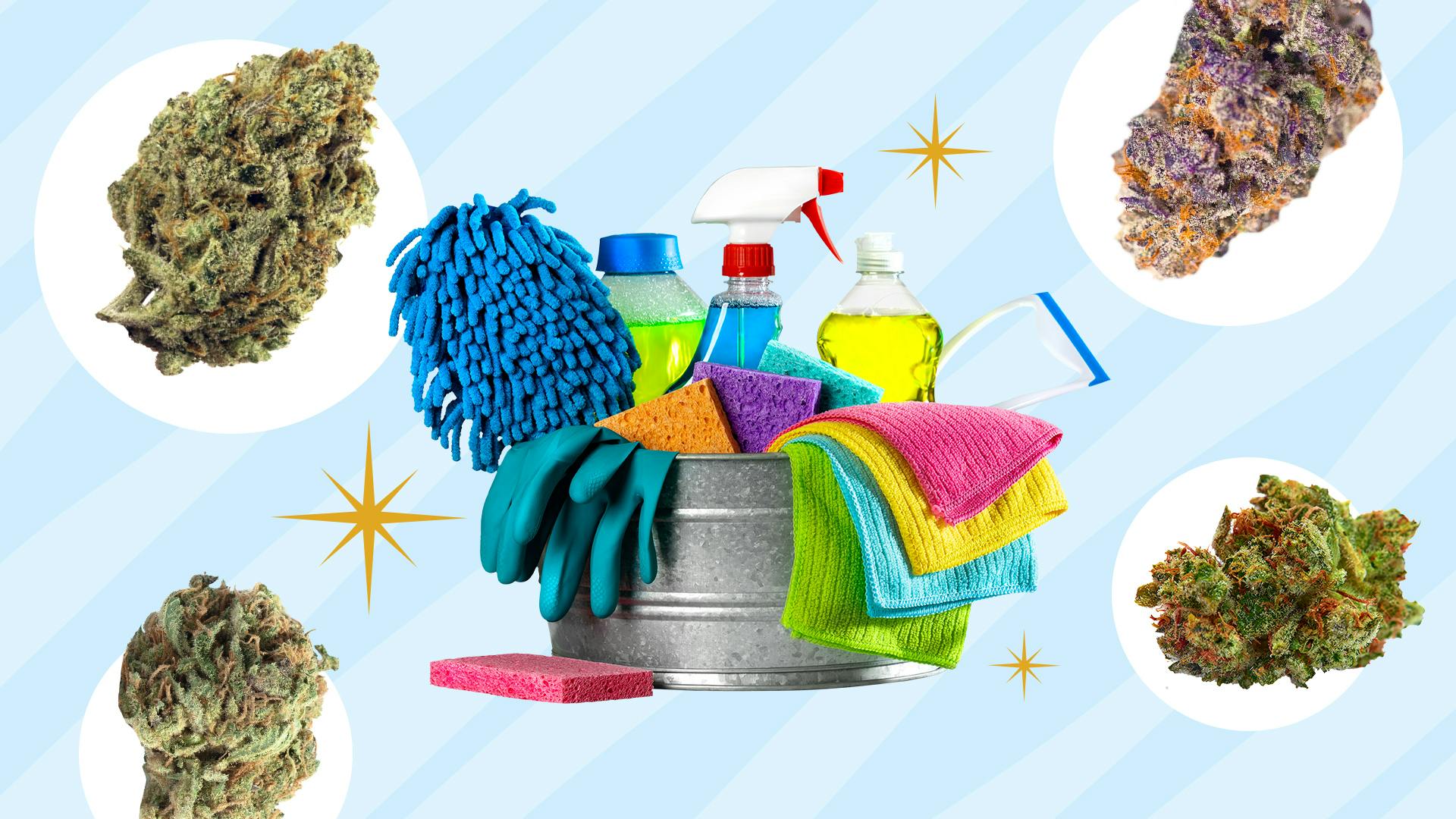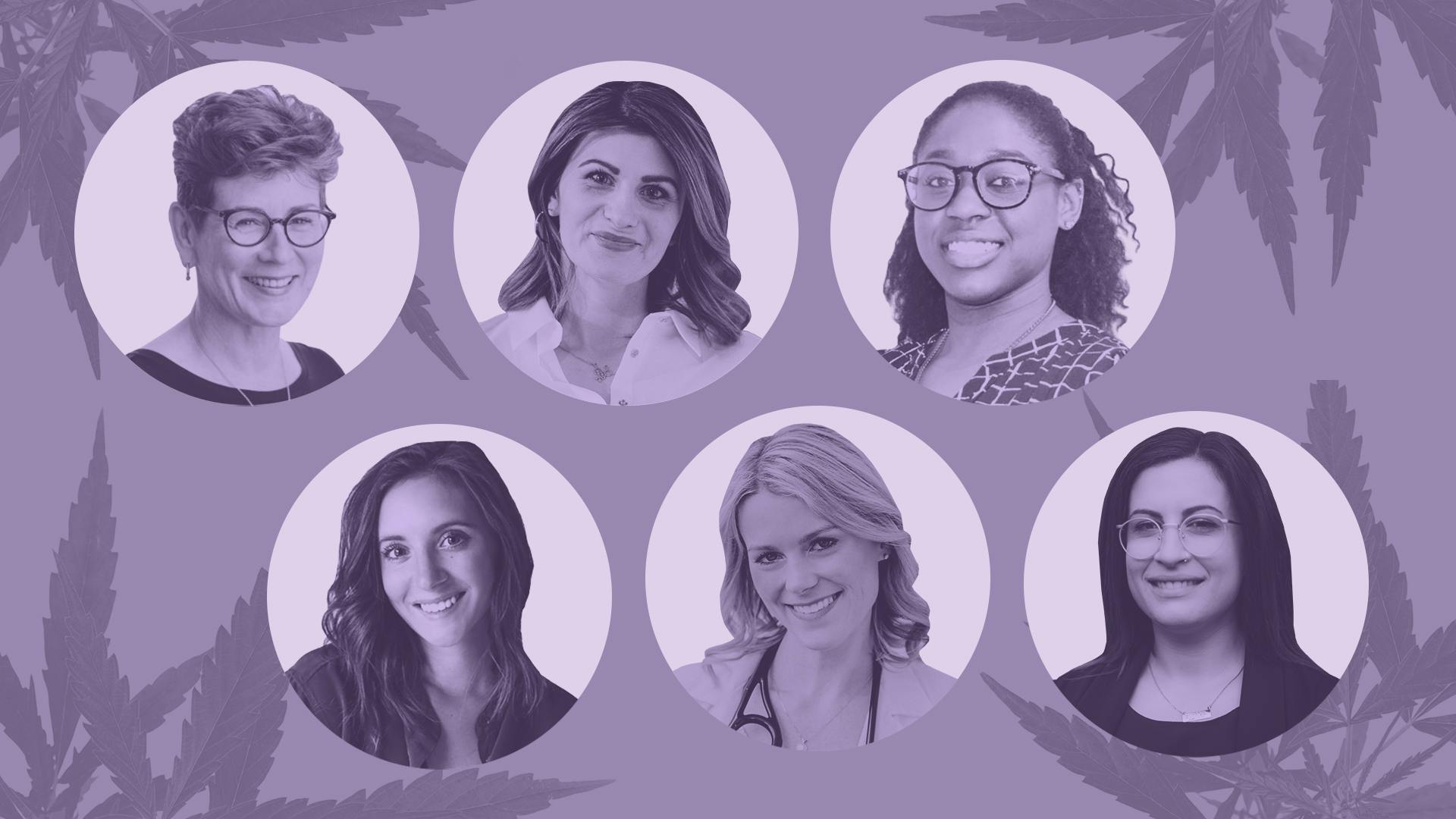For the next month, British Columbians are being invited to share their thoughts on cannabis consumption spaces with the provincial government.
According to an April 6 news release from the Ministry of Public Safety and the Solicitor General, B.C. has launched a public engagement “to inform decisions about whether to permit these spaces and how they could be regulated.”
Residents of the province have until May 9 to provide feedback and can do so in two ways: by completing an online survey, and/or by providing a written submission via email detailing their views on consumption spaces.
Before you get carried away with thoughts of smoke-filled lounges and hazy cafés, there’s a catch: if allowed, all consumption spaces would be required to align with existing public health and safety objectives, including B.C.’s Tobacco and Vapour Free Places Act.
It stipulates that owners and managers are responsible for “ensuring that their public and workplaces comply with the requirements for creating a tobacco and vapour free environment”—meaning even the use of desktop vaporizers like Volcanos would be off-limits, as indoor cannabis smoking and vaping would remain prohibited in consumption settings.
So, what exactly is a “cannabis consumption space”? The provincial government defines the term as a business or special event that provides cannabis for on-site sale and use, including cafes, lounges, concerts, festivals, and ticketed events.
Consumption lounges could include:
● Spas and salons
● Cooking classes
● Cafes and pubs
● A tour of an LP with samples
British Columbia has published a discussion paper as part of the engagement process that goes into further detail on what consumption spaces might look like, and why the government is revisiting its 2018 decision to prohibit them.
According to the paper, a cannabis consumption space could include everything from a paid sampling experience during a tour at a licensed producer, to a cannabis cooking class, to a lounge offering edibles and cannabis beverages instead of, or alongside, alcohol. Another example provided suggests that a spa using cannabis topicals could be considered a consumption space.
The paper also indicates that, if permitted, consumption spaces should encourage consumers to transition to regulated products, but “without [contributing] to significant increases in problematic cannabis use.”
The province also sees consumption spaces as an opportunity to further collaborate with Indigenous peoples and communities and makes it clear that local governments will have a say in whether or not such spaces are permitted in their regions.
In reconsidering its decision, B.C. has said that if consumption spaces are allowed, it would implement them in a “phased approach,” beginning with less complex spaces such as music festivals and special events, which could be used “to trial different consumption spaces and learn about their impacts.”
“We have heard from cannabis businesses that consumption spaces could provide an opportunity for the sector to become more economically viable and could better meet the interests of people who use cannabis,” said Mike Farnworth, Minister of Public Safety and Solicitor General, in the release. “At the same time, others have raised public health and safety concerns, which will need to be carefully weighed.”








